Speakers
PLENARY Speakers || KEYNOTE Speakers
PLENARY SPEAKERS
NADAOKA || NAKASAKI || CO || O’SULLIVAN || DE LOS REYES || PAGSUYOIN || NADDEO
PROF. DR. KAZUO NADAOKA
PLENARY TALK:
Combating combined threats of climate change and local drivers on coastal ecosystems in Coral Triangle
PROFILE:
Dr. Kazuo Nadaoka is professor emeritus and specially appointed professor at Tokyo Institute of Technology. He is a scientific steering committee member of Sustainability Initiative in the Marginal Seas of South and East Asia (SIMSEA) and the chair of the SIMSEA subcommittee in the Science Council of Japan (SCJ). He was also a former Vice–President of Japanese Coral Reef Society (JCRS), a council member of International Coral Reef Society (ICRS) and Chair of Coastal Engineering Committee in Japan Society of Civil Engineers (CEC/JSCE). His main research fields are coastal ecosystem conservation studies, integrated coastal zone management, and coastal oceanography & engineering. His recent research topics are 1) Analysis and prediction of multiple environmental stresses on coastal ecosystems, 2) Coastal ecosystem modeling for analyzing its dynamic response to various anthropogenic impacts and global environmental changes, 3) Monitoring and modeling of physical and bio-chemical processes in coastal zones, 4) Development and application of remote sensing methods to monitor coastal environments, 5) Reef connectivity study for establishing desirable MPA networks based on larval dispersal simulation and population genetics, 6) Development of decision support systems for ICZM, 7) Comprehensive assessment and conservation of blue carbon ecosystems and their services and 8) Integrated network-based coastal management. He is currently working as the Japan side Principal Investigator for three international projects.
PROF. DR. KIYOHIKO NAKASAKI
PLENARY TALK:
Utilization of organic wastes and biomass resources for sustainable environment
PROFILE:
Prof. Dr. Kiyohiko Nakasaki is a professor at the Department of Transdisciplinary Science and Engineering, Tokyo Institute of Technology. He has been working on various biological and biochemical processes addressing treatment of organic waste such as food and kitchen waste, anaerobic or aerobic sewage sludge and lipid-rich waste among others, with recovery of important resources, such as methane, hydrogen, ammonia and compost products having odor control properties. His research involved development of strategies to improve waste treatment process, resource recovery and enhancement of residual waste properties through understanding microbial community profile and dynamics, bioaugmentation, inoculation of selected functional microorganisms, enzymatic pretreatment, and understanding interactions among various microorganisms and microbial processes in the system. To date, he has published 140+ peer-reviewed original contribution articles, 80+ review articles for scientific and commercial journals, 26 books (1 sole-writing and 24 shared-writings) and 100+ preprints for International conferences. He has 46 patents, two of which are international patents.
ENGR. JONATHAN CO
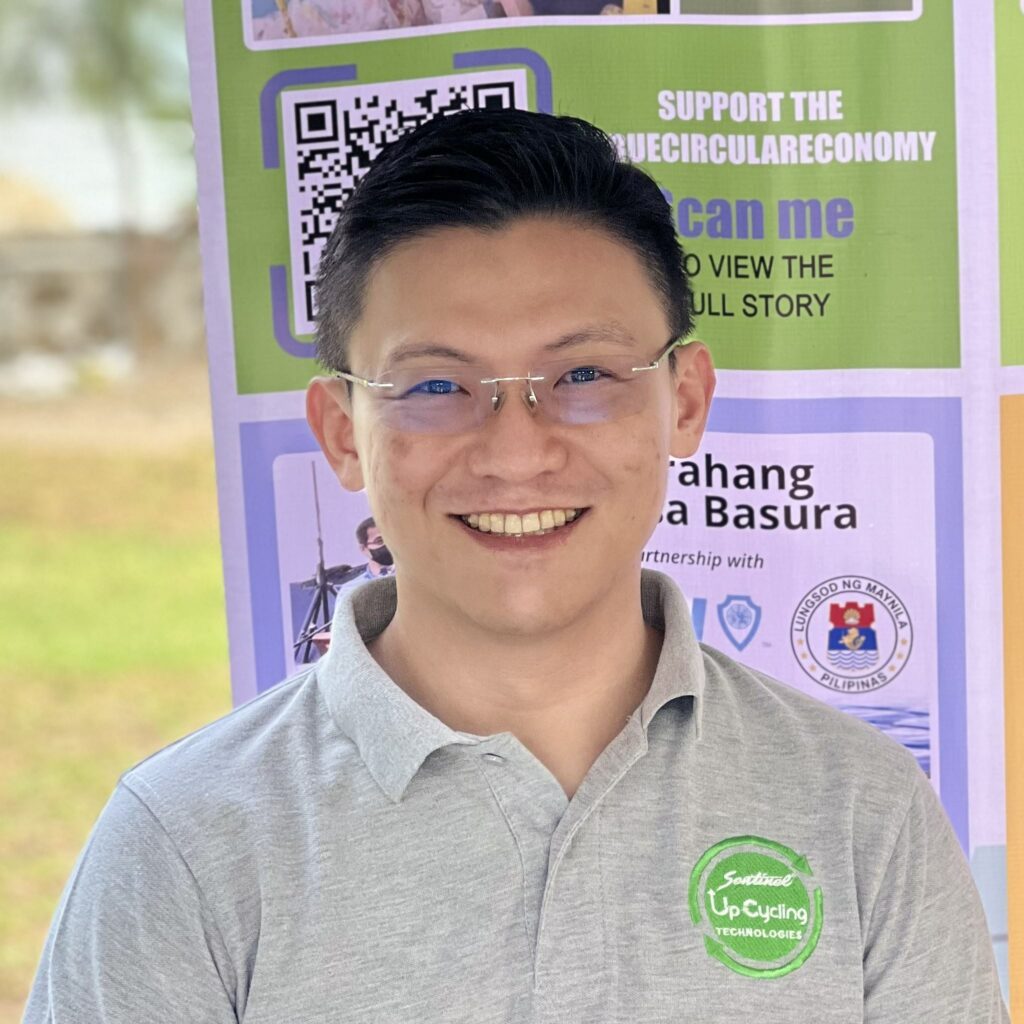
PLENARY TALK:
UPCYCLING PLASTIC WASTES: A CIRCULAR ECONOMY EXPERIENCE
PROFILE:
Jonathan Co is the project head of Sentinel Upcycling Technologies. He has 15 years experience in the plastics industry. His current and previous roles include sales and marketing, product development, organizational development and operations management. He graduated with a degree in Plastics Engineering from the British Columbia Institute of Technology in Vancouver Canada. He also studied Management Information Systems in the Ateneo de Manila University.
DR. CIARA O’SULLIVAN
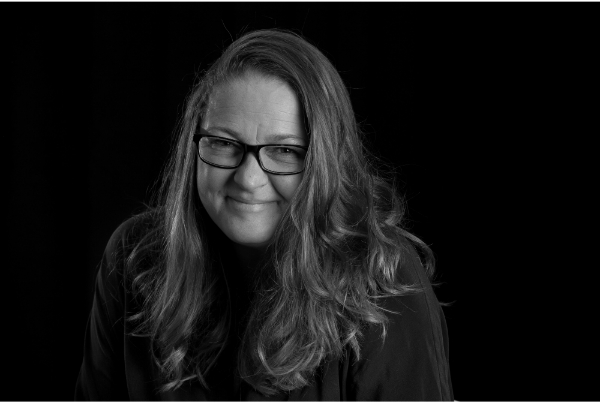
PLENARY TALK:
Platforms for the rapid, cost-effective and facile multiplexed detection of single nucleotide polymorphisms
PROFILE:
Speaker’s Profile (https://www.icrea.cat/en/Web/ScientificStaff/ciara-283#researcher-nav)
“Ciara O’ Sullivan received a BSc in Analytical Chemistry from Dublin City University in 1992, a PhD in Biotechnology from Cranfield University in 1996 and then went on to lead the sensors group at University College Cork from 1996-99. She then took up a Marie Curie Fellowship at the Universitat Rovira i Virgili (1999-2001) and was then awarded a Ramón y Cajal Fellowship which she pursued for 1 year prior to taking up her current position as ICREA Research Professor and establishing the Nanobiotechnology and Bioanalysis Group at the Universitat Rovira i Virgili. She is group leader of the GENCAT funded Consolidated Group INTERFIBIO (www.interfibio.com)”. ICREA is Catalan Institution for Research and Advanced Studies; INTERFIBIO is a research group of the Department of Chemical Engineering of the URV, working at the bio/material interface.
“Her research interests lie in the development of electrochemical and optical biosensors exploiting advances in tailored biocomponents. Presently, her work focuses on reducing to practice cost-effective molecular diagnostics for screening and monitoring of disease, as well as on the development of aptamers for application in optical and electrochemical molecular aptamer beacons. The approaches for molecular diagnostics being developed include parallelized real-time electrochemical next generation sequencing, electrochemical array based primer extension and elongation for multiplexed SNP detection, multiplexed electrochemical miRNA detection and quantitative paper diagnostics as companion tools for the future paradigm of pharmacogenomics and personalized medicine. www.icrea.cat/en/Web/ScientificStaff/
She has more than 240 published articles in scientific journals, eight (8) book chapter contributions, several completed projects (4 internationally funded, 27 EU funded and 30 Spain funded), and six (6) ongoing grants.”
Prof. Ciara O’Sullivan has delivered numerous invited talks in international conferences and forums. She was a Philippine Department of Science and Technology – Engineering Research and Development for Technology (DOST-ERDT) Supported Visiting professor at the University of the Philippines College of Engineering in 2015. Her current works include development of aptamers for detection of environmental contaminants such as toxins and rapid diagnosis of viral or bacterial diseases. Her research group’s most recent publication (2022) is on Aptamer Sandwich Assay for the Detection of SARS-CoV-2 Spike Protein Antigen’, ACS Omega.
PROF. DR. FRANCIS DE LOS REYES III
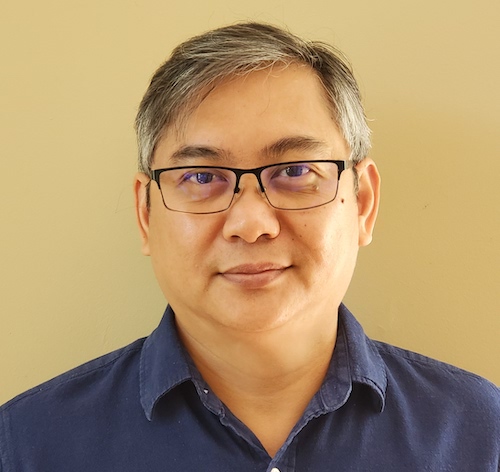
PLENARY TALK:
Understanding and Enhancing Biological Processes for Environmental Pollution control Using Metagenomic Analysis
PROFILE:
Speaker’s Profile (https://www.ccee.ncsu.edu/people/fldelosr/)
“Dr. Francis de los Reyes is a Professor of Civil, Construction, and Environmental Engineering, Associate Faculty of Microbiology, and Training Faculty of Biotechnology at North Carolina State University. In 2013, he was named a University Faculty Scholar. He teaches undergraduate and graduate classes on wastewater treatment plant design, environmental biotechnology and microbiology, fundamentals of environmental engineering, and water and sanitation for developing countries. He is a TED Fellow, a WEF (Water Environment Federation) Fellow, and Board Certified Environmental Engineer by Eminence by the American Academy of Environmental Engineers and Scientists.”
“Dr. de los Reyes’ research focuses on biological processes and combines modeling, bioreactor experiments, and molecular microbial ecology tools in addressing fundamental and practical issues in environmental biotechnology and environmental engineering. Another research focus is sanitation in developing countries. He is interested in two main areas: the interface between microbial ecology and environmental engineering, and global sanitation. At the ecology-engineering interface, molecular techniques are utilized as powerful tools for the analysis of microbial populations in engineered and natural treatment systems. Environmental process engineering is approached from a fundamental standpoint, combining the insights from molecular (DNA- and RNA-based) approaches with innovative process experiments and modeling. In global water, sanitation, and hygiene (WaSH), improving the technologies along the entire sanitation chain is the main focus. His team has developed a new technology for safely and hygienically emptying pit latrines in Africa and Asia. His recent research includes structure-function studies in wastewater treatment systems, landfills, soils, and decentralized sanitation systems.”
He has been a consultant for industry, engineering firms, and public utilities on activated sludge operation, solids separation problems, sanitation technologies, and molecular microbiology techniques. He has conducted workshops for wastewater treatment plant operators and professionals in the US and the Philippines. He has also worked in water and sanitation issues in developing countries, and has collaborations in the Philippines, India, China, South Africa, Pakistan, Ghana, and Malawi.
He has received several awards: the Gordon Fair Award in Environmental Engineering Education (WEF), the Outstanding Teacher, Outstanding Extension, and Global Outreach Awards from NC State, Balik-Scientist award of the Philippine Government; the US National Science Foundation CAREER Award, the Steven Dentel Award for Global Outreach from AEESP, and the AAEE Research Honor Award. His group’s pit emptying technology (Flexcrevator and Excluder) has won the RELX Group Environmental Challenge Award, and in 2020 received the US Patents for Humanity Award.
His students have won state, national and international awards for research. Current and past research projects include: competition between filaments and floc-formers in activated sludge, ecophysiology of nitrifiers and denitrifiers in microbial floc, N removal from swine waste, fate of bioagents in landfills, microbial characterization of landfills, molecular techniques for groundwater remediation sites, foam control methods, factors affecting fats, oils, and grease deposits in sewers, wastewater treatment for rural areas, water reuse systems, novel molecular techniques for detecting denitrifiers, energy from co-digestion, and solutions for pit latrine emptying problems. Dr. de los Reyes is on the editorial board of Science and Engineering Journal (formerly Phil. Science Letters), and has served on the editorial boards of Water Research and Journal of Environ. Eng. He is a Past President and Board Chair of the Philippine-American Academy of Scientists and Engineers. In 2020, he was named Corresponding Member of the National Academy of Science and Technology of the Philippines.
PROF. DR. SHEREE A. PAGSUYOIN
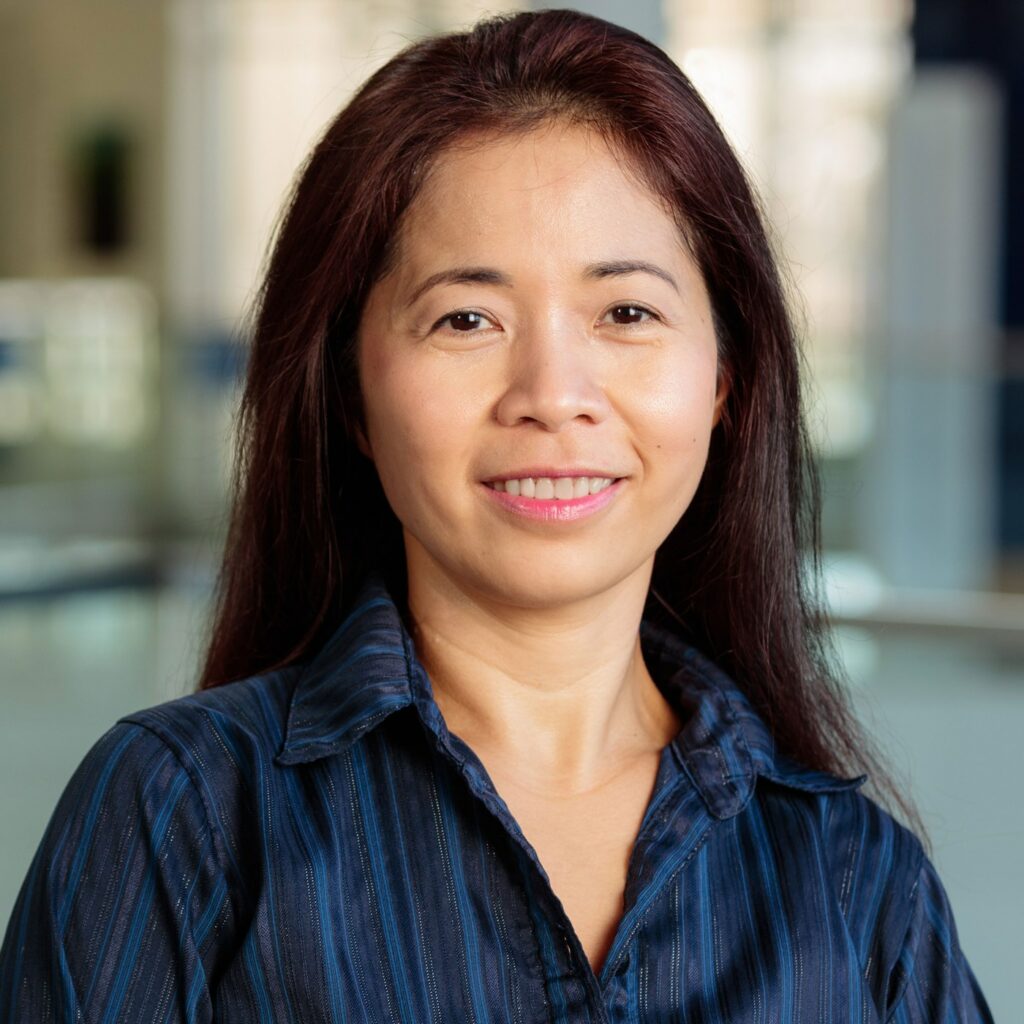
PLENARY TALK:
Environmental and Public Health Surveillance Using Gene-based Bioinformatics with Chemical or Molecular Tools
PROFILE:
Dr. Pagsuyoin is an Associate Professor & Associate Chair for Doctoral Studies in the Department of Civil and Environmental Engineering, University of Massachusetts Lowell (UMass Lowell), USA. She also serves at the Center for Pathogen Research & Training (CPRT). She obtained her BSc Chemical Engineering and MSc in Environmental Engineering in the University of the Philippines Diliman and her Ph.D. in Civil and Environmental Engineering in University of Virginia. She previously taught at the University of Waterloo and the University of the Philippines Diliman, and was an environmental consultant for the World Wildlife Fund Philippines.
At UMass Lowell, she teaches Micropollutants in the Environment, Environmental Aquatic Chemistry, Fluid Mechanics and Dynamics. She heads a research laboratory, whose overall work encompasses the environment-health nexus, and focuses on the ecological and public health impacts of emerging contaminants, human-environment interactions that impact water systems, and water treatment technologies. Research areas of their group include Fate and Transport of Emerging Micropollutants; Wastewater-based Epidemiology (WBE); Water Treatment; Environmental Decision-making (Water Use Management). Specific works include water sanitation, wastewater treatment, surface water quality modelling, and environmental sustainability. Her research projects have been funded by different sources including the National Science Foundation (CAREER, INTERN, NRT); Trinity Challenge; Department of Interior / Massachusetts Water Resources Research Center; UMass Lowell Office of Research and Innovation; Natural Sciences and Engineering Research Council; Grand Challenges Canada. Recently, her research about the impact of residual drugs on aquatic ecosystems has been recognized by the National Science Foundation (NSF) with a prestigious national faculty early career development award.
PROF. DR. VINCENZO NADDEO
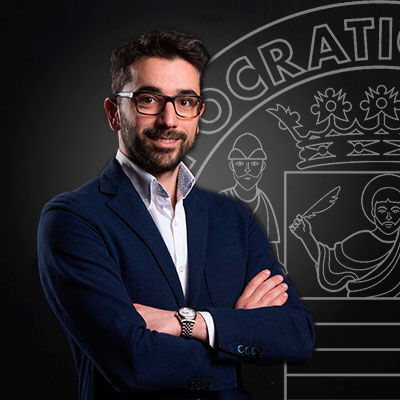
PLENARY TALK
Think Different: The Next Generation of Membrane Bioreactor for the Sustainable Treatment and Valorization of Wastewater
PROFILE:
https://docenti.unisa.it/020364/en/curriculum
“Prof. Vincenzo Naddeo is the Director of the Sanitary Environmental Engineering Division (SEED) at the Department of Civil Engineering of the University of Salerno (Italy), where he drives research and academic activities in the Environmental Engineering fields. He serves as affiliate professor at both the Department of Civil and Environmental Engineering of the University of Washington (Seattle, WA, USA) and at the Department of Water Resources and Environmental Engineering of the Tamkang University (New Taipei City, Taiwan)”. He serves the Italian Ministry of the Environment as a member of the National Committee on IPPC (Integrated Pollution Prevention and Control). Since 2018 prof. Naddeo is CEO and co-founder of Sponge s.r.l., a Spin-Off of the University of Salerno working on Environmental Technology.
“His research focuses on advanced water/wastewater treatment, characterization and control of environmental odours and environmental impact assessment (EIA). He developed advanced biological processes for wastewater treatment and control of emerging contaminants, novel ultrasound-based technological processes for treating environmental matrices (solid, liquid and gaseous) and biotechnologies for wastewater re-use with simultaneous energy production within the framework of the circular economy.”
He is the coordinator of several European/international and national research projects. He holds seven patents, 4 on innovative technologies for the advanced treatment of water or wastewater, 2 on the next generation of electronic nose (e.Nose) and 1 patent on an innovative photo-bioreactor for the sequestration of CO2. Prof. Naddeo serves the editorial board of several ISI journals, and he is (co-)author of over 200 refereed publications in ISI journals, congress proceedings and book volumes”.
KEYNOTE SPEAKERS
PROF. KATHLEEN B. AVISO, Ph.D.
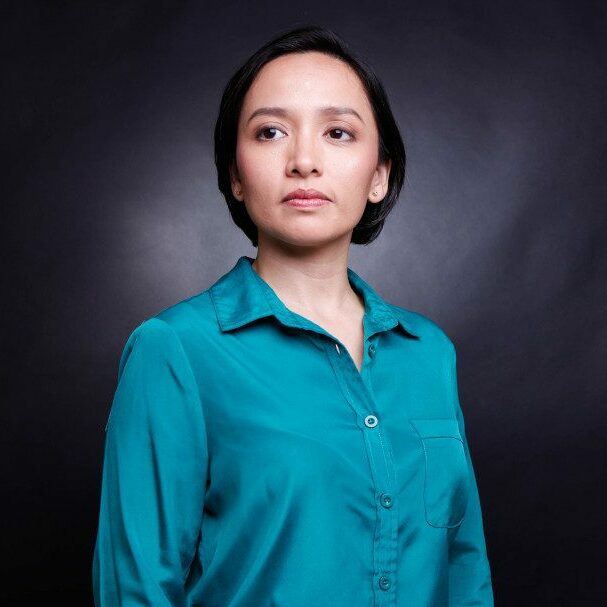
KEYNOTE TALK:
Machine learning in Green Engineering
PROFILE:
Kathleen B. Aviso is a University Fellow and a Professor of the Department of
Chemical Engineering and currently the Dean of the Gokongwei College of
Engineering of De La Salle University, Manila, Philippines. Her main research
interest is the development of decision support tools for environmental decision-
making, which have been applied for the design of systems such as eco-industrial
parks and low-carbon energy systems. She received her BS in Chemical
Engineering (cum laude) from the University of the Philippines-Diliman, her MS in
Environmental Engineering and Management from De La Salle University and her
Ph.D. degree in Industrial Engineering from De La Salle University. She is the
author of more than 180 Scopus-indexed publications with an h-index of 28. She is
currently an executive editor for the Journal of Cleaner Production (published by
Elsevier) and an editor for the South African Journal of Chemical Engineering
(Elsevier). She is also a part of the editorial board of Process Integration and
Optimization for Sustainability (published by Springer Nature), Computers in
Industry (published by Elsevier), Digital Chemical Engineering (published by UK
IChemE/Elsevier), and part of the editorial advisory board of Heliyon (published by
Cell Press). She is the author of the book Input-Output Models for Sustainable
Industrial Systems. For her scientific work, Prof. Aviso has received awards
multiple scientific awards from government and professional organizations in the
Philippines.
PROF. ARIEL C. BLANCO, Ph.D.
KEYNOTE TALK:
Environmental Monitoring from Space: Recent initiatives in the Philippines
PROF. JOEY D. OCON, Ph.D.
KEYNOTE TALK:
Advances in Electrochemical Technologies for Environmental Applications